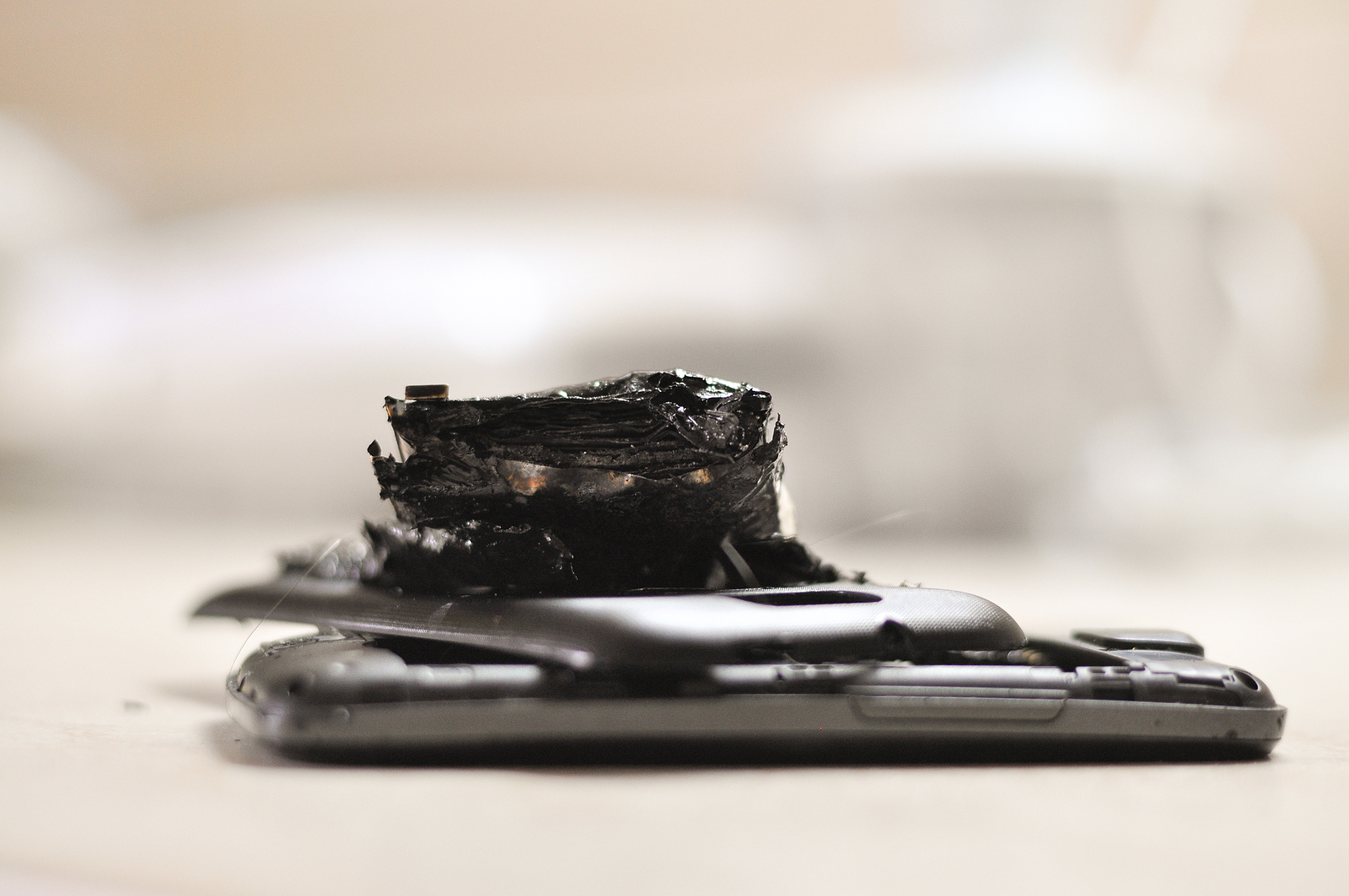Due to the inclement weather coming for Monday January 26 Leboeuf Rubbish has decided to close. All routes will be on a one day delay.
Dangers to Haulers Due to Lithium Batteries in the Garbage
Lithium batteries, also known as lithium-ion batteries, are the gold standard when it comes to high-energy batteries. Most commonly found in phones, they can also be found in other high-end electronics, power tools, and even smaller household batteries such as AA and AAA. However, the massive amount of power they hold also makes putting lithium batteries in the garbage a danger to your household and your garbage haulers. Learn why and what to do with them instead.
Why Can’t You Throw Away Lithium Batteries?
When charged, lithium batteries pose the risk of something called “thermal runaway.” This chemical reaction causes intense heat—often starting fires—that are hard to put out. You may have heard of lithium-ion batteries in holds of planes catching on fire, but other sudden changes or damages can do it, including the compactor of a garbage truck. Once this starts, water won’t put the fire out; instead, it can react with the lithium, intensifying the fire and releasing toxic gases. Trash often has a high moisture content between food waste and other fluids.
Keeping Electronics Out of the Trash
While lithium batteries are just one kind of hazard, there’s a reason that most electronics are included in waste disposal bans. Often categorized as hazardous waste, these products may pose a risk to your home, our haulers, and the environment once it ends up in a landfill. Watch out for:
- Electronics that contain heavy metals, including mercury.
- Electronics that are dangerous when compacted, including tube TVs.
- Batteries that contain hazardous materials, including strong acids.
Note that some batteries, such as alkaline batteries, are perfectly fine to throw away in the trash.
How to Deal with Electronic Waste
So, what are your options when you can’t put lithium batteries in the garbage? Below are some resources and tips to properly dispose of your electronic and other hazardous waste.
- Check your state websites for resources. These often have options for electronics disposal, including local events. Find the MA Hazardous Household Products page here and the CT Hazardous Household Waste page here.
- Look for local disposal facilities. There are both non-profit and for-profit organizations that can dispose of household hazardous waste. These can be found using the resources in this section or with a quick web search.
- Reach out to your municipality. Your city or town’s website may have additional options or preferred vendors. You can find a list of Massachusetts Cities and Towns Websites here and Connecticut Cities and Towns Websites here.
At LeBoeuf Rubbish Removal, we want to help all our customers get waste out of their homes, which includes those harder-to-remove products. While our bulky-item removal and dumpster rental can help with some, others need to be disposed of outside of the home. We’re always here to help answer questions—just reach out to contact us. Also, check out our residential, commercial, or customer page for more information on services. We are at your disposal.



